Having extra food put aside is something I have talked about quite a lot here, it’s a very important insurance policy for you and your family. Most lists and suggestions for what foods to store tend to be less than nutritious, of course having that is better than nothing. Here are ways to have some more nutritious foods in your pantry and in your stockpile of foods.
The link to the original article can be found at the bottom of the page.
Much has been written about building a preparedness pantry, but not quite as much information is available about a whole-foods version of that pantry.
We build food stockpiles for many reasons:
- To combat the weekly increase in the price of food
- To be ready for unforeseen disasters that preclude us being able to “run to the store” (That disaster could be anything from a paralyzing storm to a power outage to martial law ala Boston)
- To be prepared for possible food shortages
- To make life easier because you never have to run to the store for “just one thing”
- To return to our roots and prepare for the winter in a way similar to our ancestors
Whatever the reason that caused you to make the move towards the stockpile method of food shopping, it is vital that the food you store have nutritional value. Although many stockpilers have a closet full of Ramen noodles and Vienna sausages, this is not a method that is conducive to long-term health, energy, and vitality. The human body can’t digest and use what few nutrients remain in these foods because of all of the chemicals and preservatives. What’s more, there are many toxic ingredients in these foods, including substances that have been BANNED in other countries.(To learn more about why whole foods are of vital importance in your long-term food supply, click HERE.)
Your long term food storage should consist mostly of ingredients, not “meals in a box”. These ingredients should be non-GMO (GMOs are toxic and have been proven to cause cancer, organ failure, and a host of other serious health problems), organic (pesticide-free) and nutritious. Avoid chemicals and preservatives. There are many ways to preserve food without the use of such toxins.
I’ve been overhauling my food storage for a couple of years now in order to have the best possible options available in the event of a crisis. As well, I use the foods from my pantry every single day – I don’t have things put back to last for 10 years because it is my intention that we should consume these foods within 12-24 months of purchase. I realize that many people do put things away for longer term storage than this.
My pantry isn’t perfect, but I strive each time I add something to make it the best possible version of that item. Please, don’t go and throw out the foods in your pantry, striving to replace them all at once – very few of us can afford that. Simply use the foods that aren’t ideal very sparingly and when you replace them, go with foods that are better choices.
Thank you to Suzie for the great article idea! :)
I’ve added brand names where applicable. A star * denotes something that has been preserved at home.
Grains
(I purchase most of my organic grains from Oak Manor Farms, in Ontario. I highly recommend them. They respond quickly to questions, delivery is fast, and the quality is excellent.)
All of the grains in my pantry are organic.
- Hard Red Wheatberries (we grind our own flour from this)
- Cornmeal
- Steel Cut Oats
- Brown Rice
- Pearl Barley
- Quinoa
- Couscous
- Popcorn
Oils
- Organic Virgin Coconut Oil (I highly recommend Tropical Traditions Gold Label – it is sweet, delicious, and light-tasting. The customer service is top of the line, too)
- Extra Virgin Olive Oil
- *Butter (canned)
- Hemp oil
Sweeteners
Sweeteners are a huge source of GMOs in North America. Lots of sugar is made from either GMO corn or GMO sugar beets. Please take a look this article on why you should source non-GMO sugar for your pantry (and how to find it.) We avoid all artificial sweeteners because they are poison, plain and simple.
- Sucanat
- Turbinado Sugar
- Muscovado Sugar
- Icing Sugar (this is something I have yet to find in an organic version)
- Raw Honey
- Maple Syrup
- *Jams and Jellies (home canned)
Kitchen Basics
- Baking soda (aluminum-free)
- Baking powder
- Yeast
- Chocolate chips
- Dark chocolate
- Baking cocoa
- Coffee
- Vinegars (white vinegar, Braggs apple cider vinegar, light and dark balsamic vinegar, red wine vinegar)
Fruits and Veggies
- Raisins
- *Dried blueberries
- Dried cranberries (unsweetened)
- *Dried orange slices
- *Dried lemon slices
- Applesauce (home canned)
- Peaches (home canned)
- *Dried apple slices
- Apple pie filling (home canned)
- Pumpkin puree (storebought)
- *Corn (home canned)
- * Green beans (home canned)
- *Carrots (home canned)
- *Dried mushrooms
- *Dried bell peppers
- *Jalapenos (home canned)
- *Salsa (home canned)
- * Pickled cauliflower (home canned)
- Green peas (storebought – organic)
Conventional Pantry Items
- Saltine crackers
- Dry pasta (we look for brands with the fewest ingredients possible)
- Organic canned crushed tomatoes
- Gingerale (for upset stomachs)
- Organic puffed rice cereal
- Organic wheat square cereal
- Graham crackers
- Ketchup (organic)
- Barbecue sauce
Nuts
- “Just peanuts” Peanut butter
- Organic peanuts
- Roasted sunflower seeds
- Pecans
- Walnuts
- Almonds
Herbs and Spices
- Garlic powder
- Onion powder
- Paprika
- Chili powder
- Thyme
- Basil
- Oregano
- Allspice
- Ginger
- Clove
- Cinnamon
- Nutmeg
- Spice blends that do NOT contain MSG
- Black pepper
- Red pepper
- White pepper
- Salt
- Pure vanilla extract
- Turmeric
- Curry powder
- Chinese 5-spice
- Bay leaves
- Mint leaves
- Cilantro
- Cayenne
- Mustard powder
Meats
We store a small amount of meat in the freezer, however, for long-term food storage, you may find that canning is a better method because the meat is not subject to the whims of the electrical grid.
- *Roast beef (home-canned)
- *Chicken (home-canned)
- *Ground beef (dehydrated)
- *Taco filling (home-canned)
- *Turkey jerky (dehydrated)
- *Ham (home canned)
- *Broth: chicken, turkey, beef, and ham
Dairy Products
I have not yet found a source of organic powdered milk. If anyone has one, please share and I’ll add a list of reader contributions at the end of this article. Powdered milk is the one pantry item that we have that we wouldn’t actually use unless there was an emergency that gave us no other option. I am very concerned about the hormones in milk.
- *Butter (home-canned)
- Powdered milk
- Sweetened condensed milk
- *Cheese sauce (home canned)
Beans
Some of our dried beans are conventional because of availability. As I replace them we are going with organic. When you compare the price of conventional canned beans with organic dried beans, the dried beans are still far cheaper. It’s very easy to can beans yourself!
- Navy Beans
- Pinto Beans
- Black Beans
- Black-eyed Peas
- Chick Peas
- Red Kidney Beans
- White Kidney Beans
- Yellow Split Peas
- Green Split Peas
- Brown Lentils
- Organic Bean Mix (from Costco)
Reader Resources
Oak Manor Farms (grains)
Tropical Traditions (coconut oil)
Organic Valley Dry Milk – available via Amazon
Organic products: azurestandard.com
Request to readers:
Do you have some good sources of organic foods for long-term storage? If so, please share them in the comments section and I will add them to the article!
Original article can be found here:
https://www.theorganicprepper.ca/a-peek-into-an-organic-preppers-pantry-05082013
Please feel free to share any information from this site in part or in full, giving credit to the author and including a link to this website and the following bio.
Daisy Luther is a freelance writer and editor. Her website, The Organic Prepper, offers information on healthy prepping, including premium nutritional choices, general wellness and non-tech solutions. You can follow Daisy on Facebook and Twitter, and you can email her at daisy@theorganicprepper.ca
Auto Amazon Links: No products found.

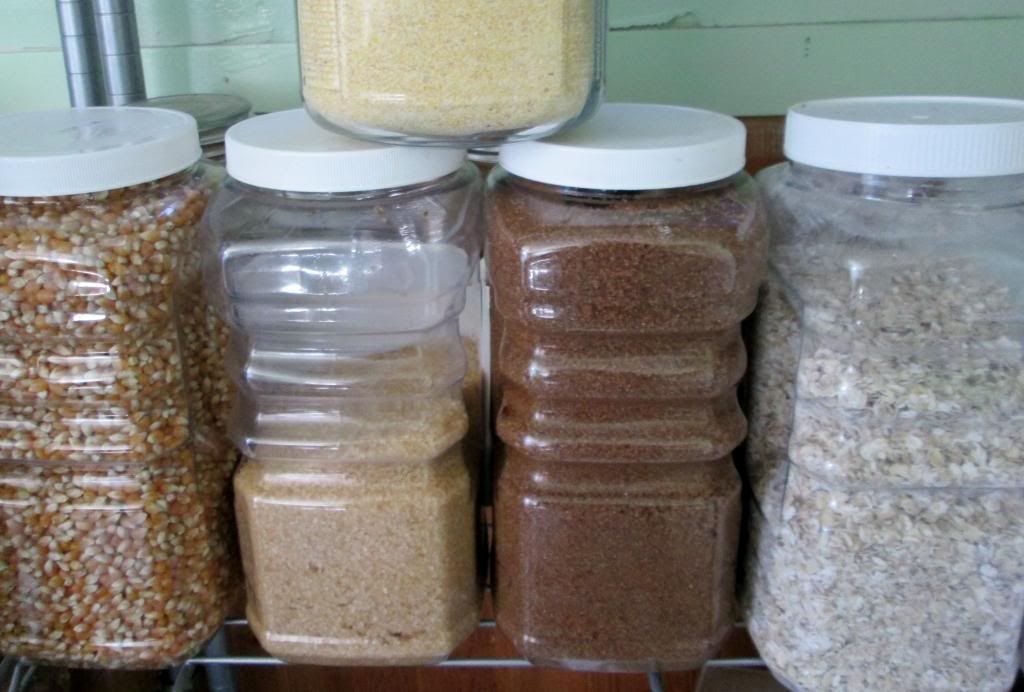
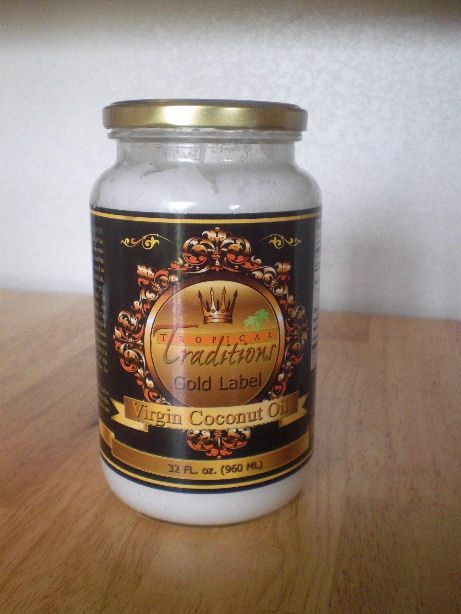
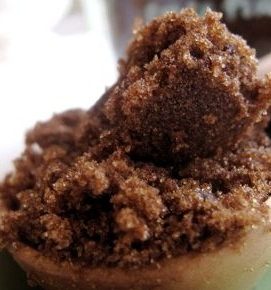
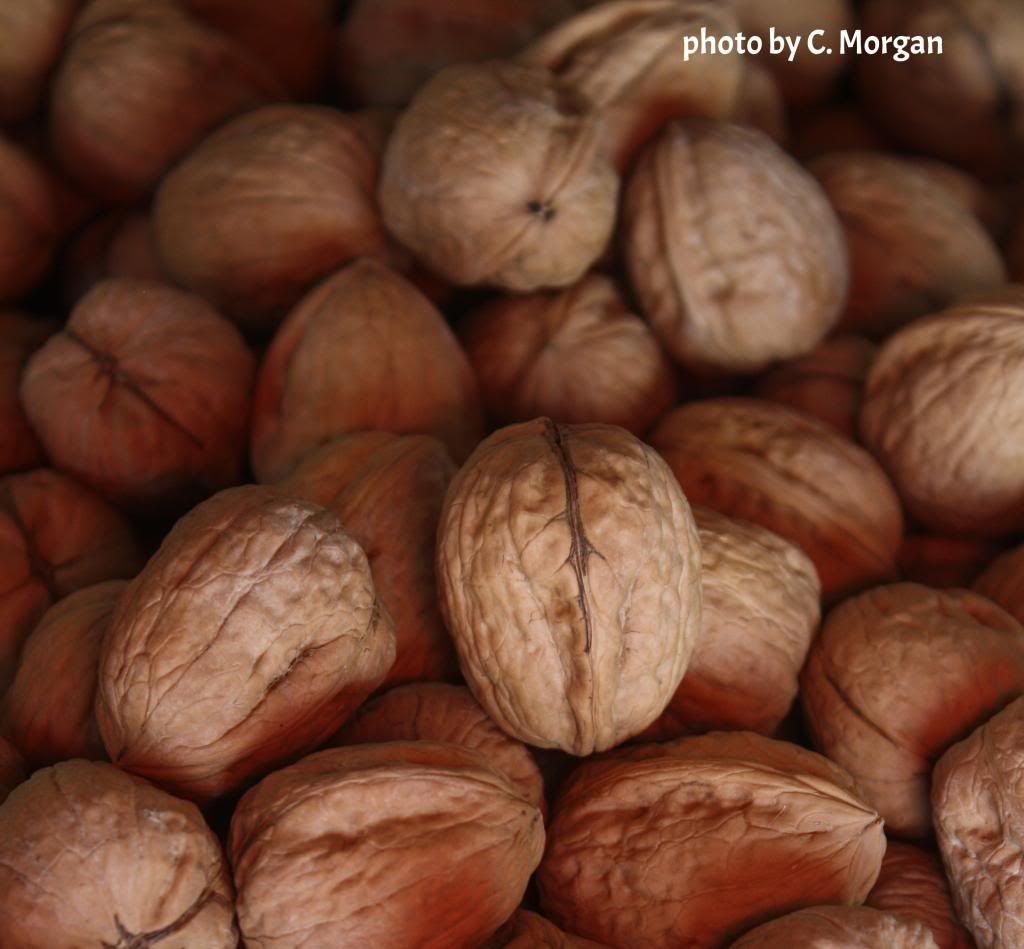
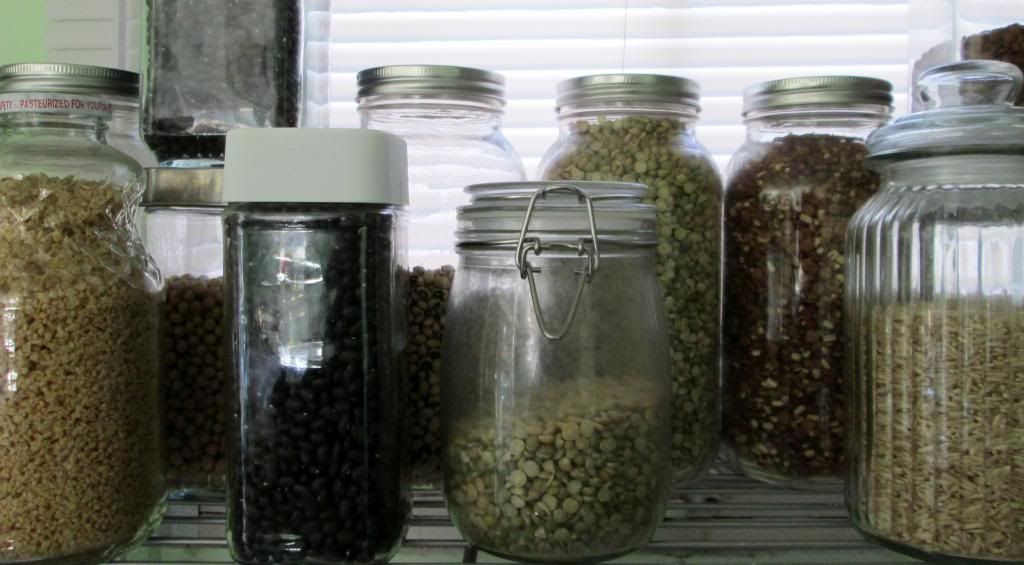

One Response
Teas are a nice addition to the prepper’s pantry and they are often good for medicinal use as well.
Another item I like to have plenty of is dried mushrooms.